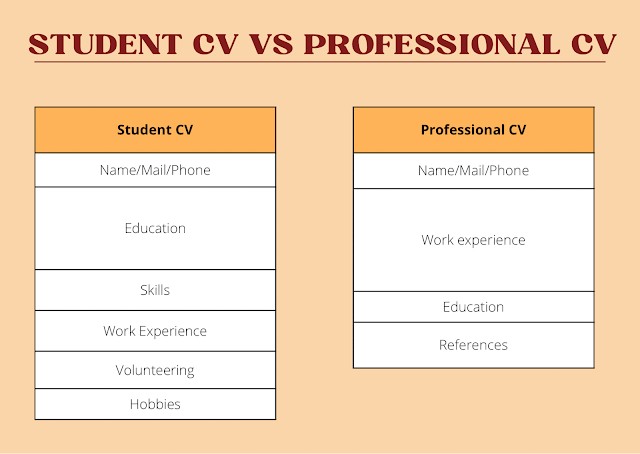Career Planning | Creating the perfect CV
Who plans your career? Is it you? Your family? Your teacher?
When do you start planning your career? Is it when you are a high school student or a college student? When does it end? When you are retired?
We found answers for those questions in the second week of Yetkin Gençler . Let's look at those answers together!
Career planning is an ongoing and never-ending process which is developing and changing over time. It starts at a very young age, when you start to think about your future in your childhood. So, you start planning your career when you are a school-age child. Yes, it's YOU planning it. Nobody else can plan it for you but they can only guide or assist you during the process. You keep planning it until you keep contributing to the society. The keys to career planning are:
- your assets (competencies, knowledge, experience, network)
- your aspirations (vision, goals)
- market realities (what will the companies pay you for)
You should be aware of your strengths and weaknesses. SWOT Analysis is a great way to analyze your situation. You can divide the page into four squares and write your Strengths, Weaknesses, Opportunities, and Threats.
Some crucial elements in career planning are the resume or CV and future plans. I'll share some tips to create the best CV and future plan.
CV (Curriculum Vitae) is a document highlighting your academic or professional history and giving clues about your skills and personality. It should be neat, simple and max 2 pages. Contact, education, work experience, projects, publications, skills (language and computer skills), hobbies and references should be included. There are two different types of CV: student/recent graduate CV and the professional CV. The layout for both types should be like:
In student CV; dates and references aren't really important. Variety of studies and education matter here. You can add your passions developing your personal growth. The key point is to show your willingness to learn and improve.
In professional CV; dates, gains, statistics and references are crucial. You should present your proven contribution to the companies and your personal growth.
Be careful about the format of the page. It should be simple, neat and catchy. You should not use ready-made templates, include unnecessary information such as photos and address. You should use abbreviations while writing months and keep the document max. 2 pages.
While writing your work experience, include:
- your role
- where,
- when you worked,
- what you've learned.
Before you create a resume/CV, you'd better build a portfolio. You can add all the projects, volunteering experiences, internships, certificates, online courses and programs which help you grow. Write your feelings, enlightenments, your actions and duties. Review the document every 2-3 months, add new notes, make connections and update your CV accordingly.
When you get a job offer, ask yourself these questions:
- How does it contribute to my growth?
- Does it help me get my next job?
- Is it in line with my goals?
- Can I achieve self-fulfillment thanks to this job?
- Does it offer sufficient independence and autonomy for me?
These questions are crucial in your life to plan your career:
1) What do you love?
2) What are you good at?
3) What can you get paid for?
4) What does the world need from you?
Take a look at the Japanese concept 'Ikigai' meaning "a reason for being":
Your aim should be changing the environment and making changes. You can achieve this by:
- competencies
- finding the job you love
- working hard
- pushing the limits
- sharing your income.
You need to get to know yourself better. You can find out your personality type by answering the questions below:





Comments
Post a Comment